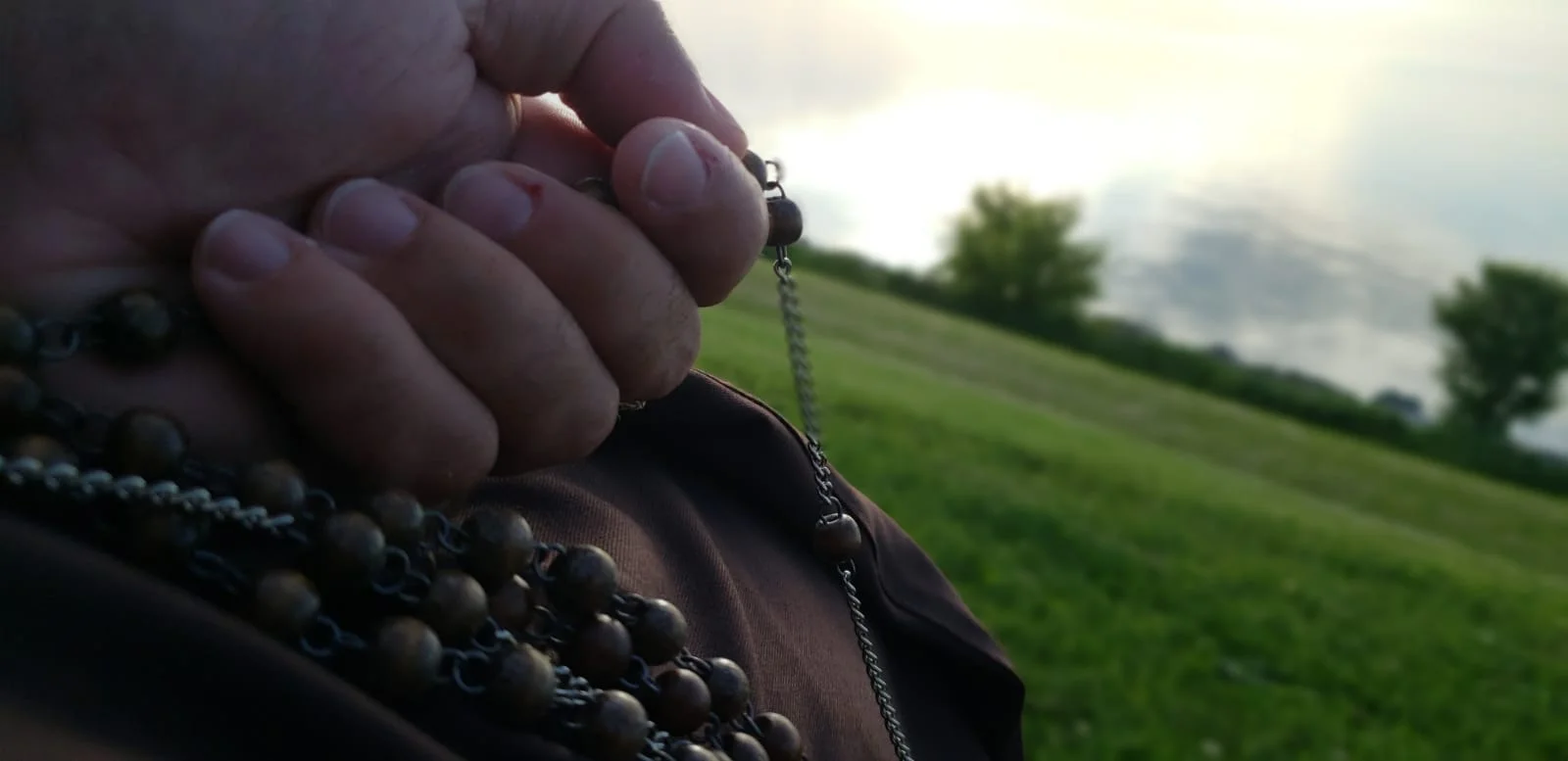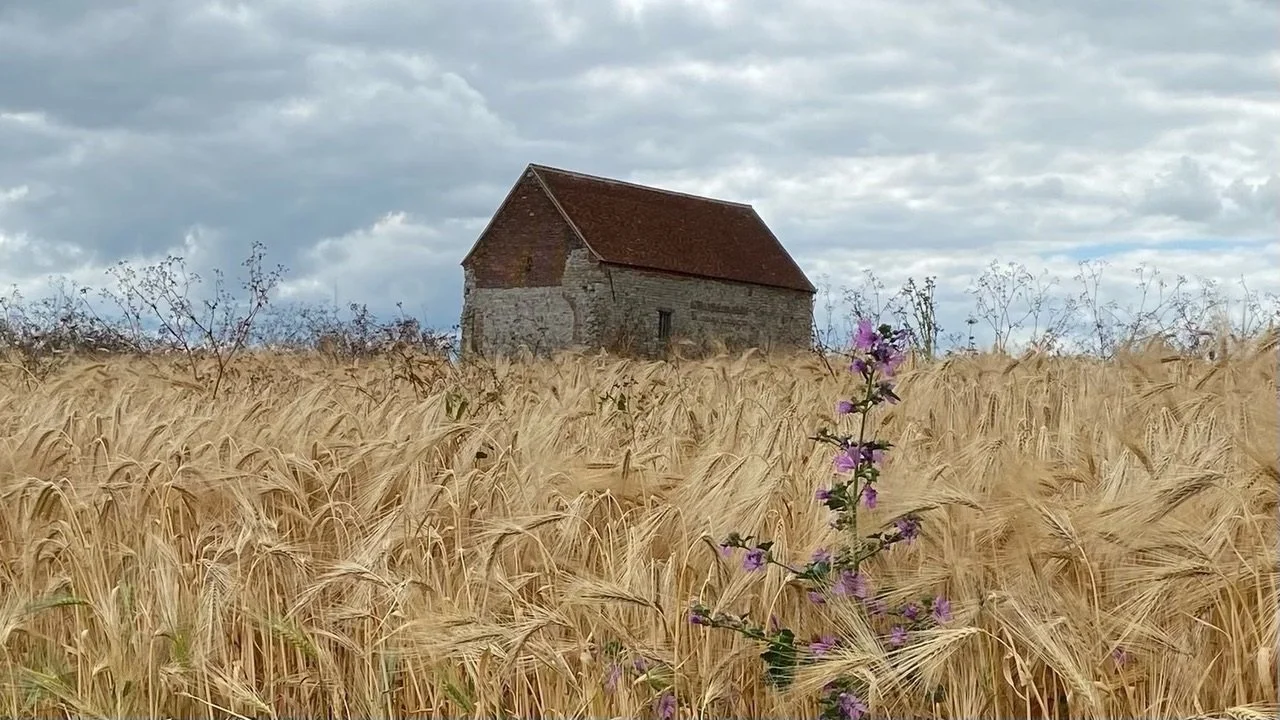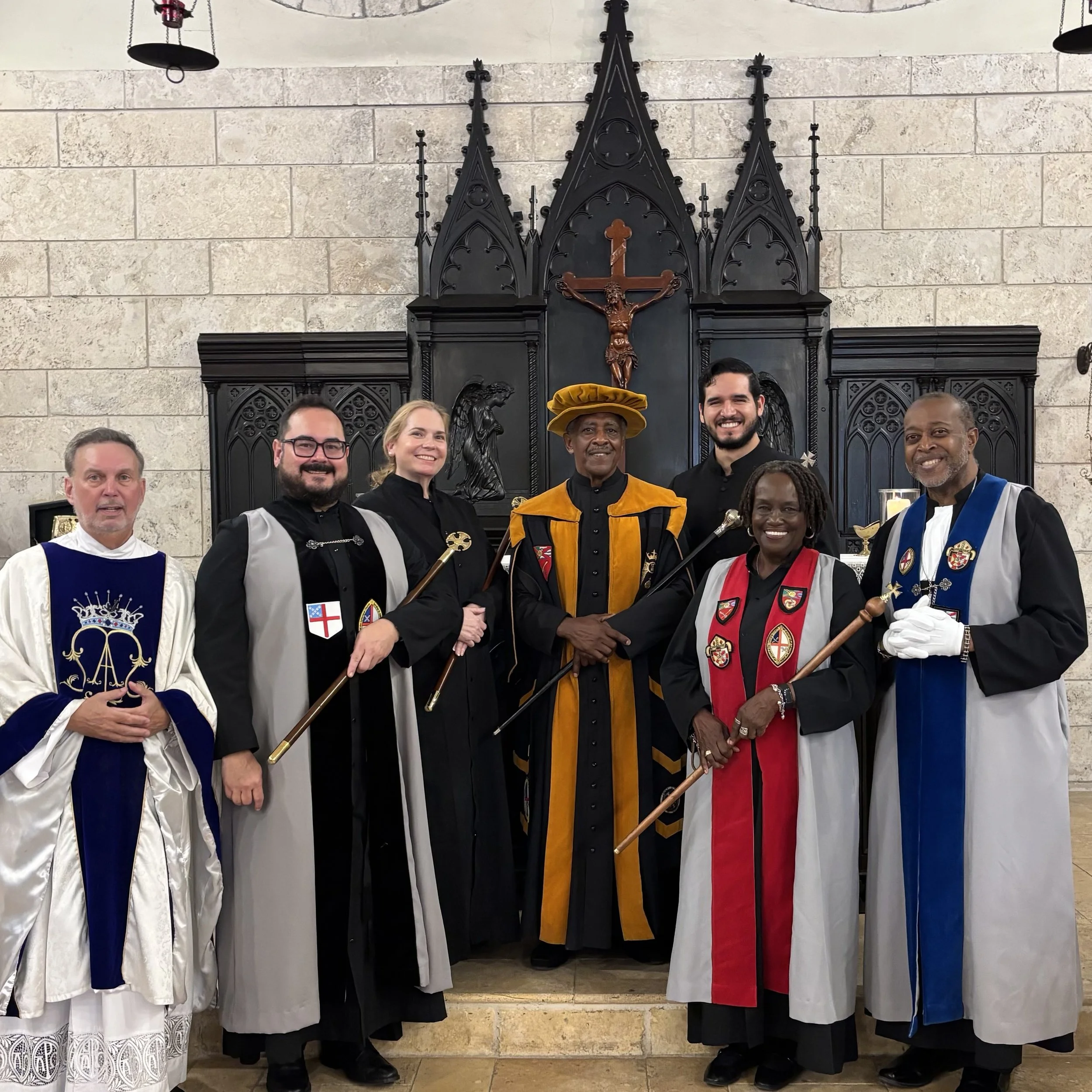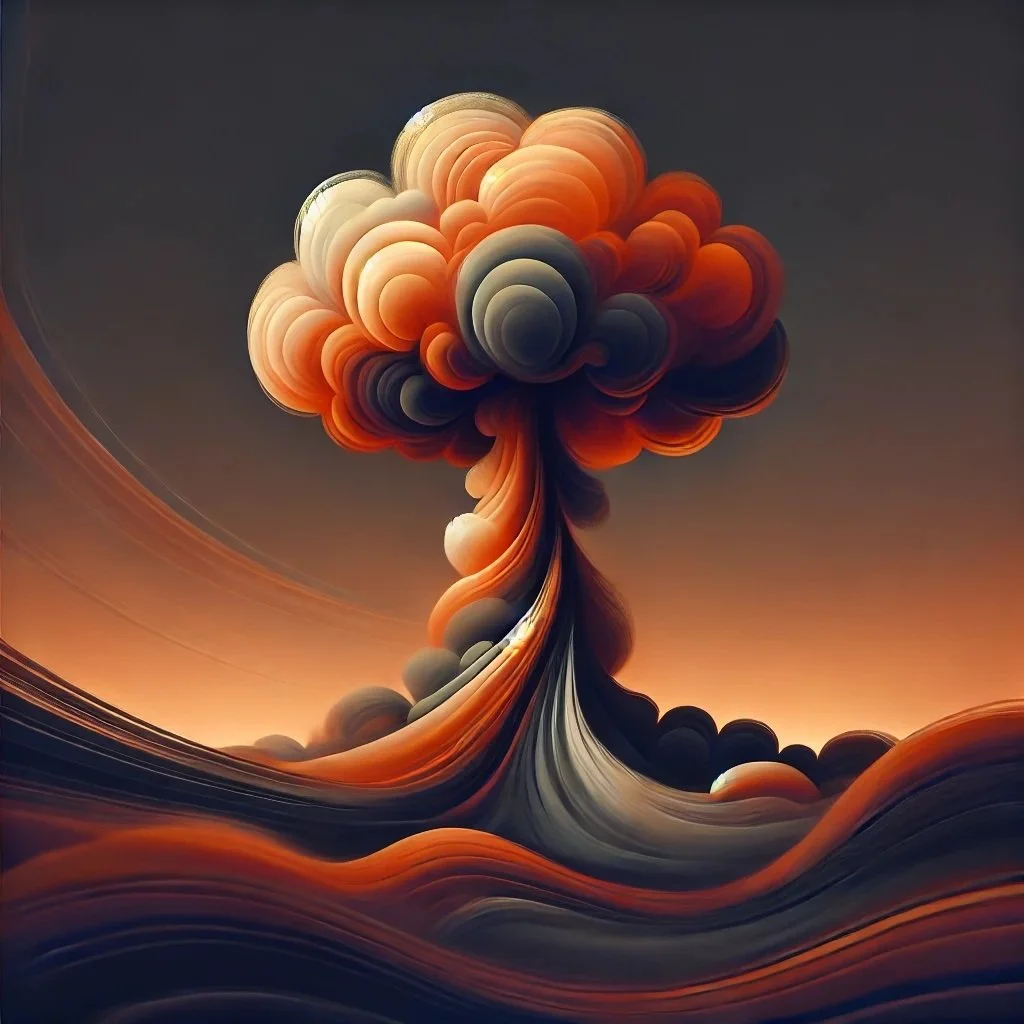Br Bob Flick submitted the article below written by Seamus Mulholland, OFM entitled Incarnation in Franciscan Spirituality - Duns Scotus and the Meaning of Love.
John Duns Scotus (c.1265-1308) is one of the most important thinkers in the history of Christian thought, and an aspect of that thought is crucially relevant to our world today. More known as a philosopher of great insight and perception, his primary contribution to theology is little known outside the Franciscan order, yet is one of the most dynamically creative moments in the development of Franciscan theology and spirituality.
Though a profound theological and philosophical thinker, Scotus was first and foremost a Franciscan. His doctrine of the Incarnation (more fully known as the Doctrine of the Absolute Primacy of Christ in the Universe) is firmly rooted in the Franciscan intellectual and spiritual tradition, at whose core is the Person of the Incarnate Son as this is experienced in the radical evangelical witness of Francis. At the center of the life of Francis is the Incarnate Crucified Lord of all creation, whom Francis called our ‘Elder Brother’; at the center of the life of Scotus is the Incarnate Person of the Son, whom he calls ‘God’s Masterpiece’. In Scotus, the Incarnation is not a contingency plan when the original creative process of God goes awry because of sin. Scotus rejects this notion as too central an emphasis on Man to the extent that the freedom of God to act in love is determined by an external necessity i.e. the redemption from sin. Scotus understands the Incarnation as always being in the mind of God even before the historical and existential physicality of creation itself and the fact of sin.
The Incarnation is the model for creation: there is a creation only because of the Incarnation. In this schema, the universe is for Christ and not Christ for the universe. Scotus finds it inconceivable that the ‘greatest good in the universe’ i.e. the Incarnation, can be determined by some lesser good i.e. Man’s redemption. This is because such a sin-centered view of the Incarnation suggests that the primary role of Christ is as an assuager of the universe’s guilt. In the Absolute Primacy, Christ is the beginning, middle and end of creation. He stands at the center of the universe as the reason for its existence. In this sense the universe has realized its creational potential more than Man, since it is created with the potential to bear the God-Man and the Incarnation has taken place historically and existentially. Man, as yet, has failed to reach his potential to ‘love one another as I have loved you’.
Scotus argues that the reason for the Incarnation is Love. The Love of God in himself and the free desire that God has to share that love with another who can love him as perfectly as he loves himself, i.e. the Christ. Scotus says that all the souls that were ever created and about to be created could not, cannot and never will measure up to the supreme love that Christ has for the Trinity. The very fact of the preconception of the Incarnation in Scotus’s thought means that we are co-heirs to this Trinitarian love that Christ has. The Incarnation, then in Duns Scotus, becomes the unrepeatable, unique, and single defining act of God’s love. God, says Scotus, is what he is: we know that God exists and we know what that existence is: Love. Thus, if Man had not sinned Christ would still have come, since this was predetermined from all eternity in the mind of God as the supreme manifestation of his love for the creation he brings about in his free act. The Incarnation is the effect of God freely choosing to end his self-isolation and show who and what He is to that creation. The Incarnation, therefore, in Franciscan spirituality is centered on Love and not sin.
Sin has been given too much prominence in contemporary soteriology: God redeems from sin because he loves us?: no, says the Scotist, God loves us and then redeems us. Redemption is an act of love first and foremost, not an act of saving us from sin, and the first act of redemption is the Incarnation. God foresees us in union with him before he sees how sin disrupts that relational dynamic between He and us. Scotus makes it clear that the first movement is from God, a revelatory movement wherein God freely chooses to move beyond his own self-loving and share that loving with something other than himself – namely creation, and this process is epitomized in the Incarnation.
What the Incarnation shows us is not primarily the need for redemption, but the need that is in each one of us for love. That love which is so utterly free and unmerited that it embraces our own limitations, our own failures, our own hopes and longings and in uniting itself to us in the Incarnate Word in the person of Jesus of Nazareth elevates the human project to that which it always was in the mind of God. Scotus begins with Love, that love which is the very being of God himself, he travels the road of Love, which is made manifest in the Incarnation, and he ends with love, that love so hard to see in the misery of the abandoned Jesus on the cross, that Love which glorifies the whole creational project in the Resurrection.
Franciscan Spirituality sees the Incarnation as the guarantee of union with God. It is not something to be hoped for or to be looked forward to – it is something, which is happening NOW. God is Love and that Love is our redemption and redemption is not primarily being saved from sin, but is rather the gift of the possibility of openness to the experience of the divine Other in our life. How can it be otherwise when we posit the notion of the divine and human in Jesus? Scotus’s doctrine of the absolute centrality of Love is both timely and profoundly needed by our world. Men and women cry out for an experience of hope in a world which has lost direction – in the teaching of Duns Scotus, Franciscan Spirituality has within its hand that hope-filled experience and the end of that longing. For if God willed the Incarnation from all eternity, then it was always his intention to become part of sinful creation – sin determines the manner of that becoming, but it does not determine the fact that it was going to be. The incarnational thought of Duns Scotus needs a broader hearing, for it is pertinent to all Christians and the world, not just the Catholic tradition.
The Incarnation is of God, not Man. Scotus is indeed in the tradition of Francis and his incarnational theology is not complex – it is utterly simple: God is love and all that has been, is and ever will be is because God is love and is among us in Jesus among us in Jesus who is ever present.
Seamus Mulholland is a Roman Catholic Friar and lectures in Biblical Studies and Franciscan Spirituality at the Franciscan International Study Centre in Canterbury. This article was accessed from the Companions of Francis and Clare Secular Franciscan website at http://www.sfocompanions.org/










